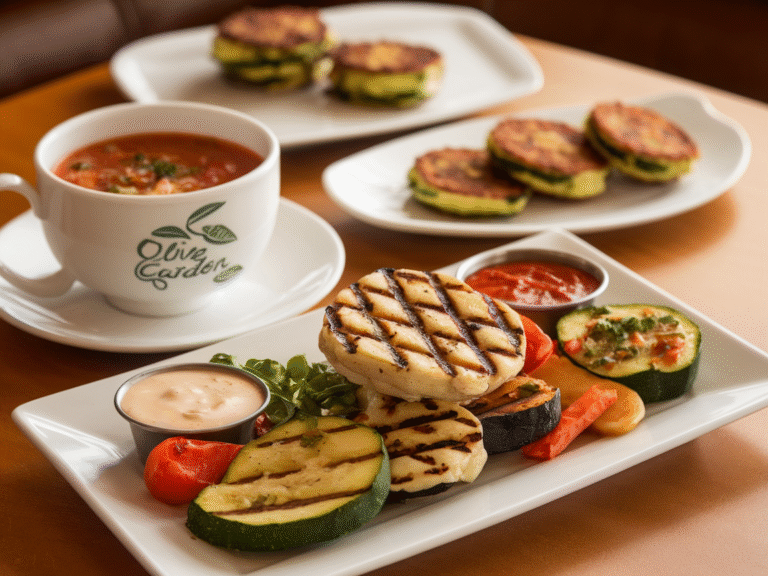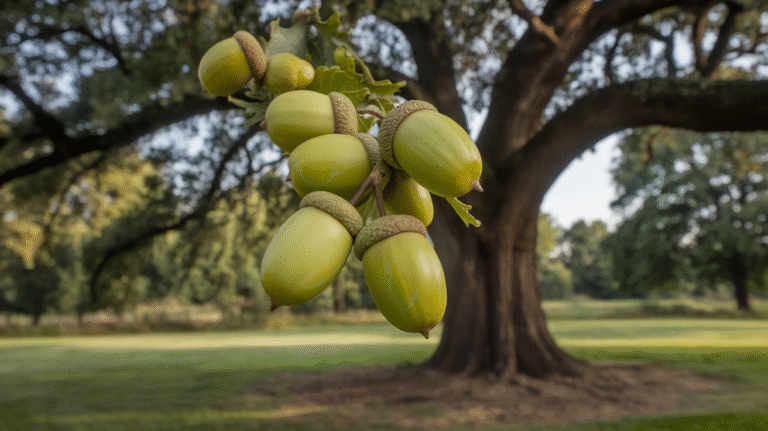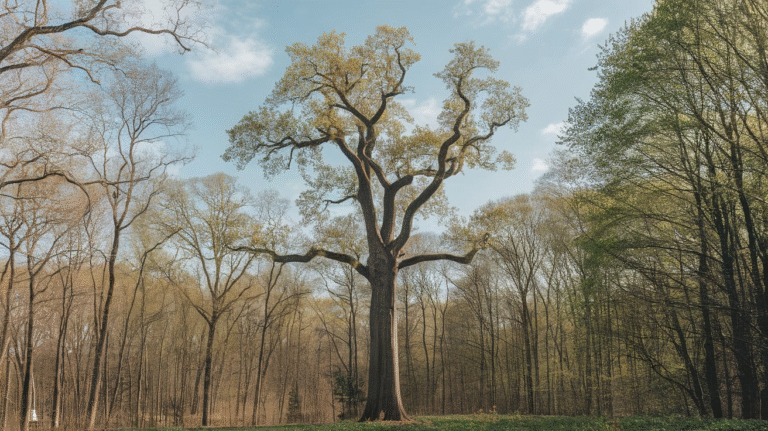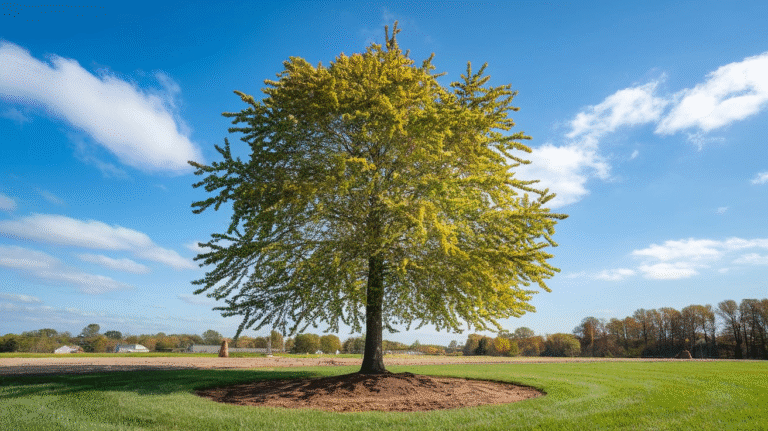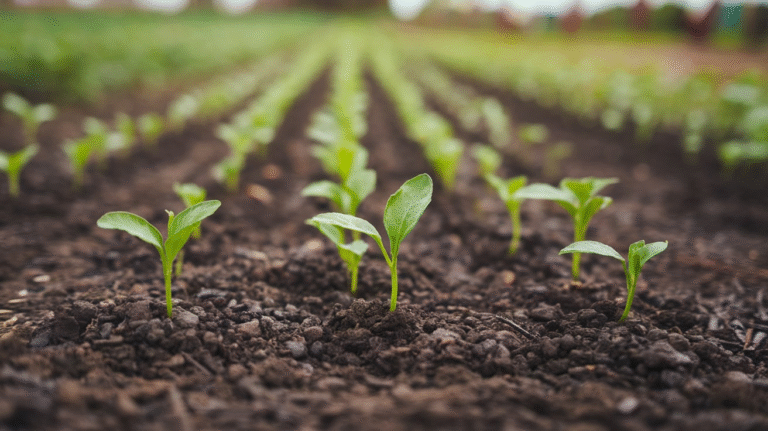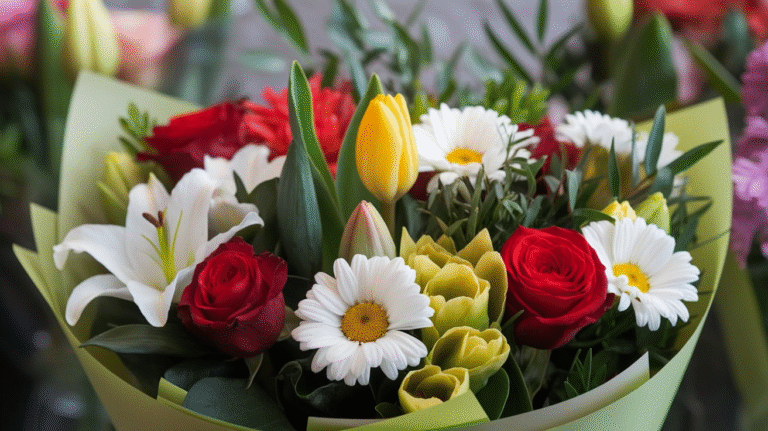Can You Plant Seeds That Are Old?

Gardening brings joy. It connects us to nature. But what if seeds are old? Can they still grow? This article will explain. It will give details.
It will help you decide. You must know what works. You must know what doesn’t. Your garden’s success matters.
So let’s learn everything. Understanding seed viability makes a big difference. Some old seeds grow well.
Some do not sprout. Proper knowledge leads to better planting results.
What Are Old Seeds?
Seeds are living things. They have a lifespan. Over time they lose strength. Some stay good for years. Some die quickly.
Age affects their growth. Storage conditions matter too.
Old seeds are not always bad. But they may not sprout. Testing them helps. This way you avoid waste. You save time and effort.
Do Old Seeds Grow?
Yes but not always. It depends on the seed type. Some last decades. Some last months. Tomato seeds often last 4-5 years. Onion seeds may die after 1-2 years.
Storage plays a big role. Dry cool places help seeds last. Warm humid conditions ruin them. If stored well old seeds can still grow.
How to Test Old Seeds
Testing is simple. You need water and paper towels. Follow these steps:
- Wet a paper towel.
- Place 10 seeds on it.
- Fold the towel over them.
- Keep it in a warm spot.
- Check after 3-5 days.
If half sprout the seeds are good. If none grow they are too old. This test saves time.
Which Seeds Last Longest?
Some seeds stay strong for years. Here are the longest-lasting types:
- Beans (3-5 years)
- Peas (3-5 years)
- Corn (2-3 years)
- Squash (4-6 years)
- Tomatoes (4-6 years)
These resist aging well. Proper storage extends their life.
Which Seeds Die Fast?
Some seeds lose strength quickly. These include:
- Onions (1-2 years)
- Parsley (1-2 years)
- Lettuce (2-3 years)
- Peppers (2-3 years)
Plant these seeds fresh. Old ones may not sprout.
How to Store Seeds Properly
Good storage keeps seeds alive longer. Follow these tips:
- Keep them dry. Moisture causes rot.
- Store in cool places. Heat kills seeds.
- Use airtight containers. Jars or bags work.
- Add silica gel packets. These absorb moisture.
- Label with dates. This helps track age.
A fridge or basement works well. Avoid garages or attics.
Can You Revive Old Seeds?
Sometimes yes. Soaking helps. Follow these steps:
- Soak seeds in warm water for 24 hours.
- Drain and plant immediately.
- Keep soil moist.
This wakes up dormant seeds. It boosts their growth chances.
What Happens If You Plant Old Seeds?
Old seeds may still grow. But results vary. Possible outcomes include:
- Slow sprouting. They take longer.
- Weak plants. Growth is stunted.
- No growth. Seeds are dead.
Testing first avoids disappointment.
Are Old Seeds Worth Planting?
It depends. If stored well yes. If not no. Testing helps decide.
Pros of planting old seeds:
- Saves money. No need to buy new.
- Reduces waste. Uses what you have.
- Can still grow. Many survive years.
Cons of planting old seeds:
- Low germination. Few may sprout.
- Weak plants. Less yield.
- Time wasted. If none grow.
Weigh the pros and cons. Testing makes the choice easier.
How Long Do Seeds Last?
Seed lifespan varies. Here’s a general guide:
- 1-2 years: Onions leeks parsley.
- 2-3 years: Peppers lettuce carrots.
- 3-5 years: Beans peas corn.
- 4-6 years: Tomatoes cucumbers melons.
These are estimates. Storage changes results.
Signs Old Seeds Are Bad
Look for these signs:
- Mold or fungus. Means moisture damage.
- Cracks or holes. Pests ruined them.
- No smell. Fresh seeds have a scent.
- Brittle texture. Dry and lifeless.
Bad seeds won’t grow. Discard them.
Tips for Planting Old Seeds
Boost success with these tips:
- Test first. Avoid planting blind.
- Soak overnight. Helps wake them up.
- Plant extra. Some may not sprout.
- Use good soil. Nutrient-rich helps.
- Keep moist. Dry soil kills weak seeds.
These steps improve chances.
Common Myths About Old Seeds
Some beliefs are wrong. Here’s the truth:
- Myth: All old seeds are dead.
Truth: Many last years if stored well. - Myth: Freezing seeds kills them.
Truth: Cold preserves them if dry. - Myth: Big seeds last longer.
Truth: Size doesn’t always matter.
Don’t believe myths. Test seeds instead.
Best Seeds to Save Long-Term
Some seeds are worth saving. These include:
- Tomatoes. Long shelf life.
- Beans. Hardy and reliable.
- Peas. Stay viable for years.
- Squash. Resists aging well.
Store these properly. They’ll last long.
When to Buy New Seeds
Replace seeds if:
- They fail the test. No sprouting.
- Too old. Past their lifespan.
- Poor storage. Exposed to heat or moisture.
Fresh seeds ensure better growth.
Final Thoughts
Old seeds can grow. But not always. Test them first. Store new seeds well. This saves money and effort.
Gardening is rewarding. Using old seeds wisely helps. Follow these tips. Enjoy a thriving garden.
FAQs
1. Can 10-year-old seeds grow?
Sometimes. If stored well some may sprout. Test them first.
2. Do seeds expire?
Yes but slowly. Lifespan depends on type and storage.
3. How do I know if seeds are good?
Do a germination test. If half sprout they’re usable.
4. Can I freeze seeds to last longer?
Yes if they’re dry. Freezing preserves them well.
5. What’s the oldest seed ever grown?
A 2000-year-old date palm seed sprouted in Israel.
Refrence:
https://www.gardeningknowhow.com/garden-how-to/propagation/seeds/planting-old-seeds.htm
https://extension.oregonstate.edu/ask-extension/featured/are-my-old-garden-seeds-still-usable

